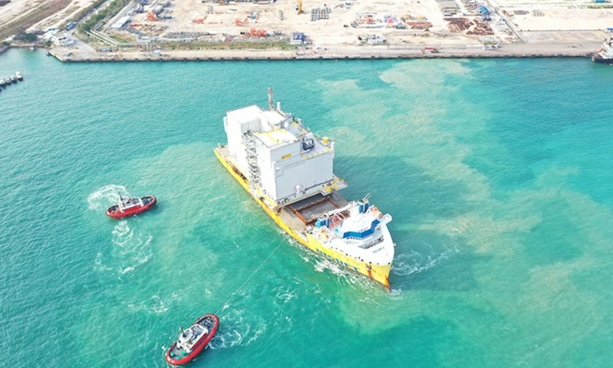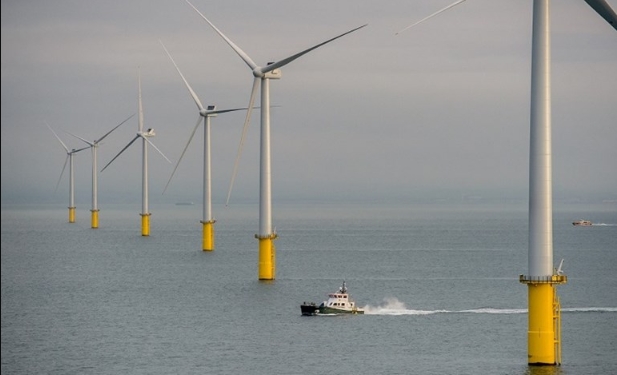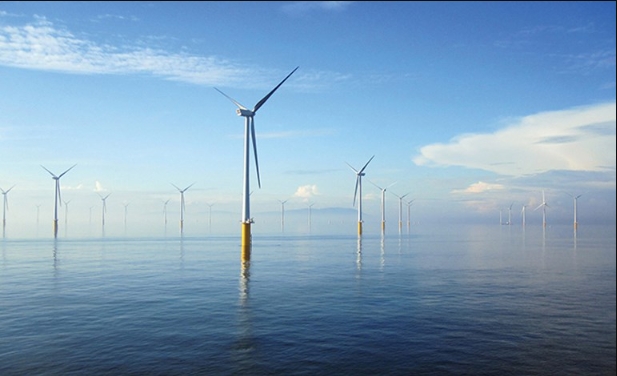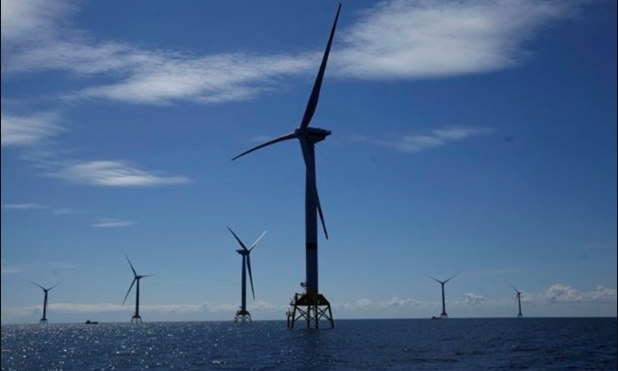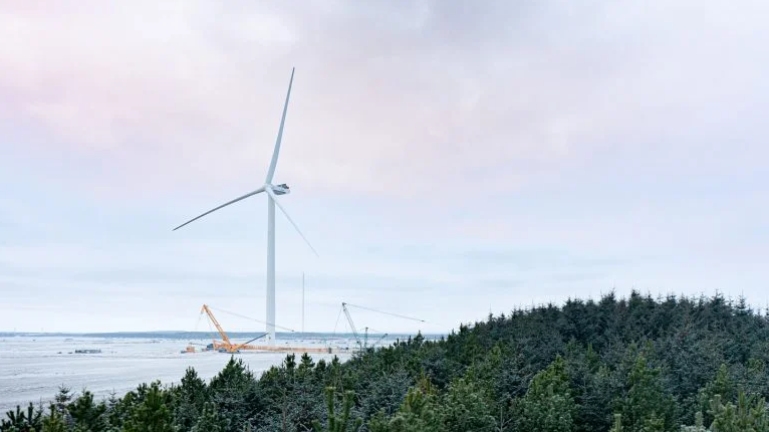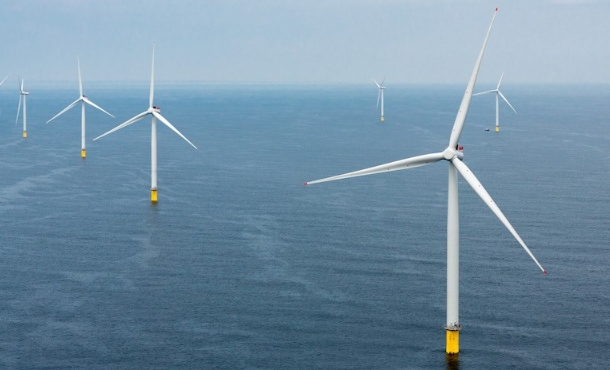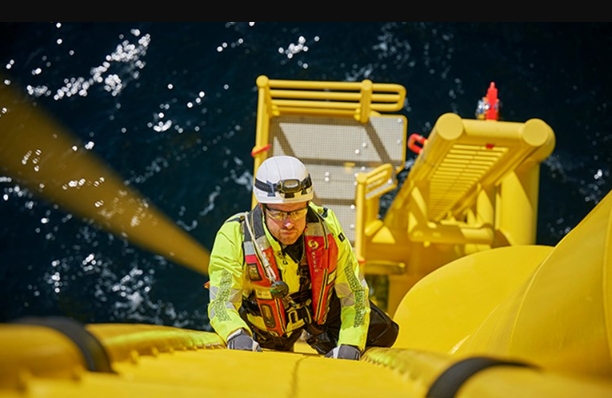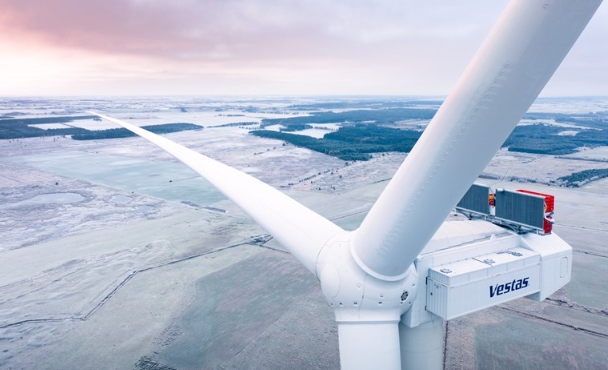The coronavirus pandemic might lead to a decline in carbon emissions in the short-term, but may pose a threat to long-term climate action as it will also undermine clean energy investment. The warning, made by global energy watchdog the International Energy Agency (IEA), calls on governments to prevent this from happening by using green investments to bolster economic growth when the coronavirus is under control and markets pick back up.
The IEA expects the economic fallout of Covid-19 to slash global demand for oil and coal for the year ahead, which will help cut fossil fuel emissions, but it will also threaten long-term climate action as clean energy projects come to a standstill.
Declared a pandemic by the World Health Organisation (WHO) on Wednesday (March 11), Covid-19 has infected almost 170,000 across 157 countries and territories and the death toll stands at over 6,500 at the time of writing.
Fears about the impact of the virus as governments around the world implement strict travel bans, public closures and work-from-home measures to contain its spread has helped drive the sharpest oil price collapses in the last 30 years. But while many of these measures will clamp down on current carbon emissions – as evidenced in China’s dramatic drop in greenhouse gases and pollution levels since the coronavirus outbreak – this effect is likely to be short-lived.
The IEA warns that multi-billion dollar investments in clean energy projects – essential to transition the world into a low carbon economy to avert climate disasters – will too be impacted by the coronavirus.
“There is nothing to celebrate in a likely decline in emissions driven by economic crisis because in the absence of the right policies and structure measures, this decline will not be sustainable,” said executive director of the IEA Fatih Birol.
According to a report from Bloomberg, the year ahead could bring about the first fall in the world’s growth in solar power since the 1980s. Analysts also forecasted that sales in electric vehicles will come to a standstill. This could mean a dramatic reversal in the incremental progress that has been made in recent years to shift away from coal-fired power plants, which has helped bring down emissions from the global electricity system by 2% in 2019.
Calling on governments to prevent this from happening, Birol said that the current stimulus packages currently being rolled out amid the economic downturn from the coronavirus should be invested in clean energy technologies.
“We have an important window of opportunity. Major economies around the world are preparing stimulus packages. A well designed stimulus package could offer economic benefits and facilitate a turnover of energy capital which have huge benefits for the clean energy transition,” he said.
He also urged authorities to use the current downturn in global oil prices to phase out or scrap fossil fuel subsidies, which can then be redirected to boost healthcare spending. Some of the redirected subsidies could additionally help fund much needed clean energy projects. A report last year by the Global Subsidies Initiative (GSI) found that just 10 to 30% of the US$370 billion annual coal, oil and gas subsidies could pay for a worldwide transition to renewables.
The IEA’s comments follow that of renowned trend-spotter Li Edelkoort, who in a recent interview said that the coronavirus outbreak is causing a “quarantine of consumption” that brings an opportunity to usher in a better system for the people and the planet.
Her views are echoed by climate activists, who argue that the current coronavirus response by governments prove that drastic, decisive and rapid measures can be rolled out in times of crisis, and a similar approach must be taken for the climate emergency.
